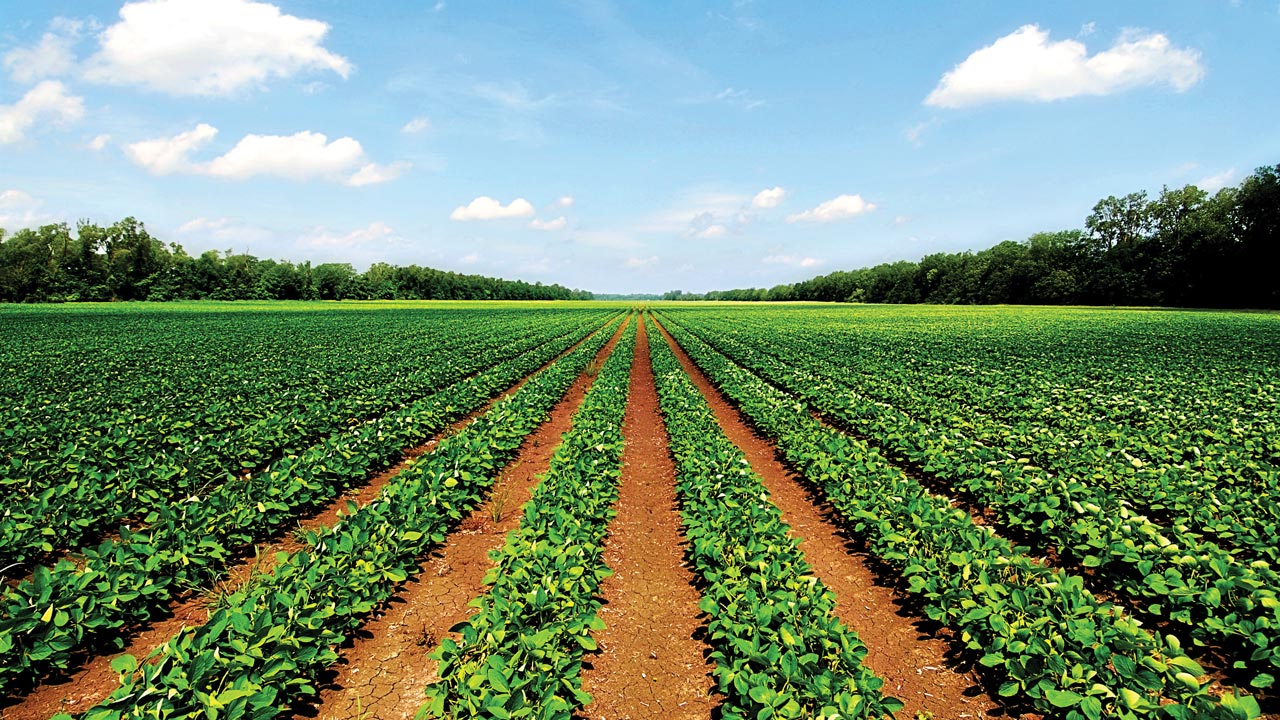Chekwube Ukoh
A survey released on Tuesday showed that every single country across the globe did not meet the World Health Organization’s 2021 Air Quality Standards.
The guideline set by WHO recommends that the annual reading of small and hazardous airborne particulate matter known as PM2.5 should not be more than 5 micrograms per cubic meter.
The guidelines were released in September 2021 and cut existing annual PM2.5 guideline values from 10 micrograms per cubic meter to 5 micrograms per cubic meter.
The survey compiled by IQAir, a Swiss pollution technology company that monitors air quality standards found that out of 6,475 cities studied in the survey, only 3.4% percent of them met average air quality standards.
According to Christi Schroeder, air quality science manager with IQAir, “there are a lot of countries making big strides in air pollution reduction while there are also places in the world where it is getting significantly worse”.
The survey names the top five most polluted countries in 2021 as Bangladesh, Chad, Pakistan, Tajikistan and India.
It also found that air quality in China continued to improve in 2021. More than half of the cities in China included in the report saw lower levels of air pollution when compared to the previous year. Pollution levels within the capital city of Beijing continued a five-year trend of improved air quality, driven by emission control and reduction of coal power plant activity and other high emission industries.
Some areas that came closest to meeting WHO guidelines are the United States, Canada and northern Europe.
The survey blames the poor air quality on the increasing severity of wildfires, as well as fossil fuel combustion and vehicle emissions.
The Dangers of Air Pollution
According to the WHO, exposure to air pollution is estimated to cause 7 million premature deaths annually.
When air quality is under the WHO guidelines, the small particulate matter in the air are capable of penetrating deep into the lungs and bloodstream, primarily resulting in cardiovascular and respiratory impacts, and also affecting other organs.
The 2021 update of the WHO air quality guidelines is in response to the continued threat of air pollution to public health.
WHO updates the Air Quality Guidelines on a regular basis so as to assure their continued relevance and to support a broad range of policy options for air-quality management in various parts of the world while also taking into account new health studies that are published erstwhile.


